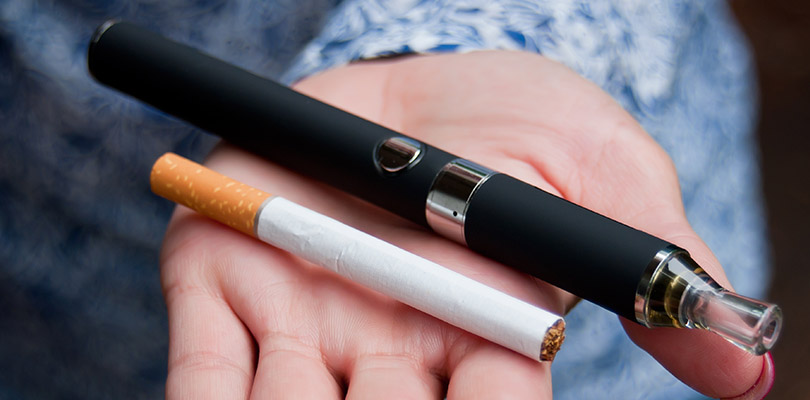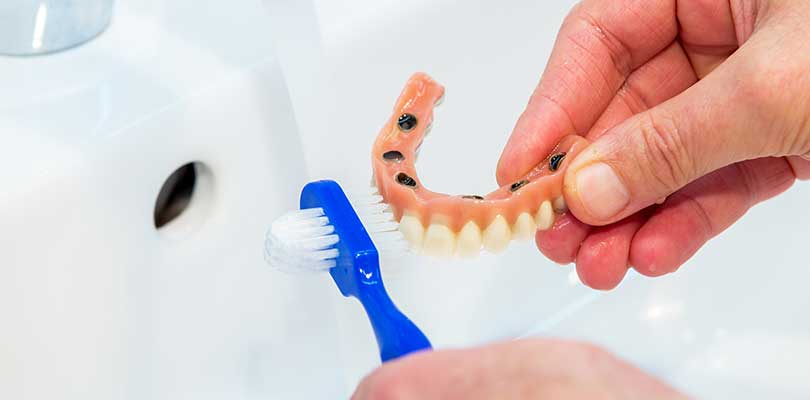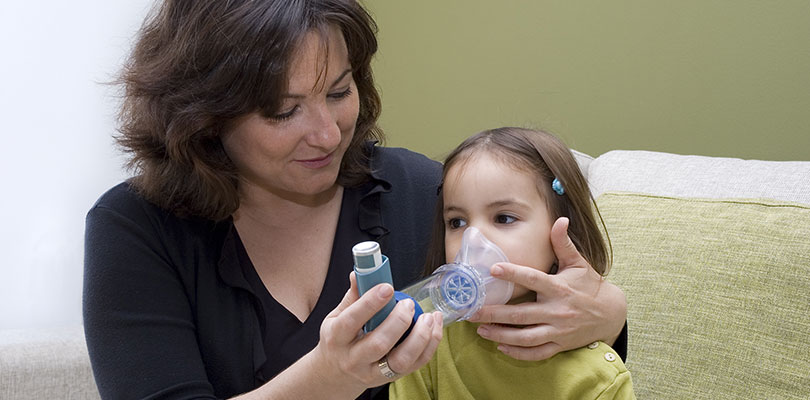What Is Plan B?
Plan B is a type of emergency hormonal contraception, sometimes called the “morning-after pill.” It contains a synthetic female hormone called levonorgestrel. This is the same hormone which is used in many different brands of regular birth control, but in Plan B, the dose of levonorgestrel is much higher.
It is available without a prescription from pharmacies and family planning clinics. It is a single dose table which is taken by mouth as soon as possible after you have unprotected sex. It can stop you from becoming pregnant if you have had sex without using another contraceptive method, or if your regular contraception has failed.
What Does Plan B Do?
Plan B stops you from becoming pregnant if you have had unprotected sex. Depending on where you are in your menstrual cycle, it can either stop you from ovulating (releasing an egg) or prevent a fertilized egg from implanting in the lining of your womb.
How Effective Is Plan B?
Plan B is more effective the earlier you take it, so if you have unprotected sex and do not want to become pregnant, visit your local pharmacy or family planning clinic as soon as possible.
It can be used up to 72 hours after having unprotected sex, but it is most effective if you take it within the first 12 hours.
If you take Plan B within 24 hours of having unprotected sex, it can reduce your risk of becoming pregnant by up to 95 percent. If you take it 48–72 hours after unprotected sex, it can reduce your risk of pregnancy by up to 61 percent.
Certain prescription and over-the-counter medications can affect the way your body processes the hormones in Plan B, making it less effective.
If you take any medication, herbal remedies or supplements, tell your pharmacist or physician before you take it. They will be able to tell you whether your regular medication will reduce the efficacy of your Plan B and advise you on the best course of action.
What Are the Side Effects of Plan B?
After you take Plan B, you may notice some changes in your next period. It may be earlier, later, heavier or lighter than usual, or you may notice some spotting before your period is due.
If you do not have a period within three weeks after taking it, there is a chance you could be pregnant. Ask your doctor to carry out a pregnancy test to confirm whether this is the case.
Vaping has become a popular trend with some saying it's safer than smoking. However, the argument between vaping vs. smoking still needs more research.
Other side effects to look out for after taking Plan B include:
- Allergic reactions (hives, swollen lips, difficulty breathing, etc.)
- Breast pain or tenderness
- Mild abdominal pain
- Headaches
- Dizziness
- Tiredness
- Nausea, vomiting or diarrhea
If you vomit within two hours of taking it, contact your pharmacist or physician. You may need to take another dose.
Most of the side effects of Plan B will subside within 24 hours. If they last more than 48 hours, or are severe, contact your physician for further advice.
Does Plan B Have Any Long-Term Effects?
Plan B is intended for emergency use only and should not be used as a regular method of birth control. If you take Plan B more than occasionally, you may find that your menstrual cycle becomes irregular, making it more difficult to predict when you will get your next period.
Although it can reduce the risk of pregnancy following unprotected sex, it does not offer any protection against sexually transmitted infections (STIs). If you contract an STI, you may suffer from a variety of different symptoms depending on the infection. Some STIs do not cause any symptoms but may lead to fertility issues in the future.
You may not find out that you have an STI until several years after you are infected. This is why it is important to ask for a sexual health check-up as well as taking Plan B if you have had unprotected sex.
Is Plan B the Right Choice for Me?
If you have had unprotected sex, used a condom which has split or come off, missed 2–3 doses of your regular birth control or forgotten to apply your contraceptive patch, then it may be the right choice for you. It can offer you protection against pregnancy if taken as soon as possible after you have had unprotected sex.
Plan B only works if you take it before you become pregnant. It is not the same as an abortion pill and cannot be used to terminate an existing pregnancy. If you are – or think you may be pregnant, make an appointment at your family planning clinic to discuss your options.
It is meant for occasional, emergency use and is not a replacement for regular birth control methods. If you need regular birth control, ask your physician to talk you through the options available and choose the one that is most appropriate for you. And remember that if you want protection against STIs as well as pregnancy, you will need to use a condom too.
Before taking Plan B, read the enclosed patient information leaflet carefully and ask your pharmacist or physician if there is anything you do not understand. They will be able to answer any questions and provide you with all of the information you need to decide whether it is right for you.







